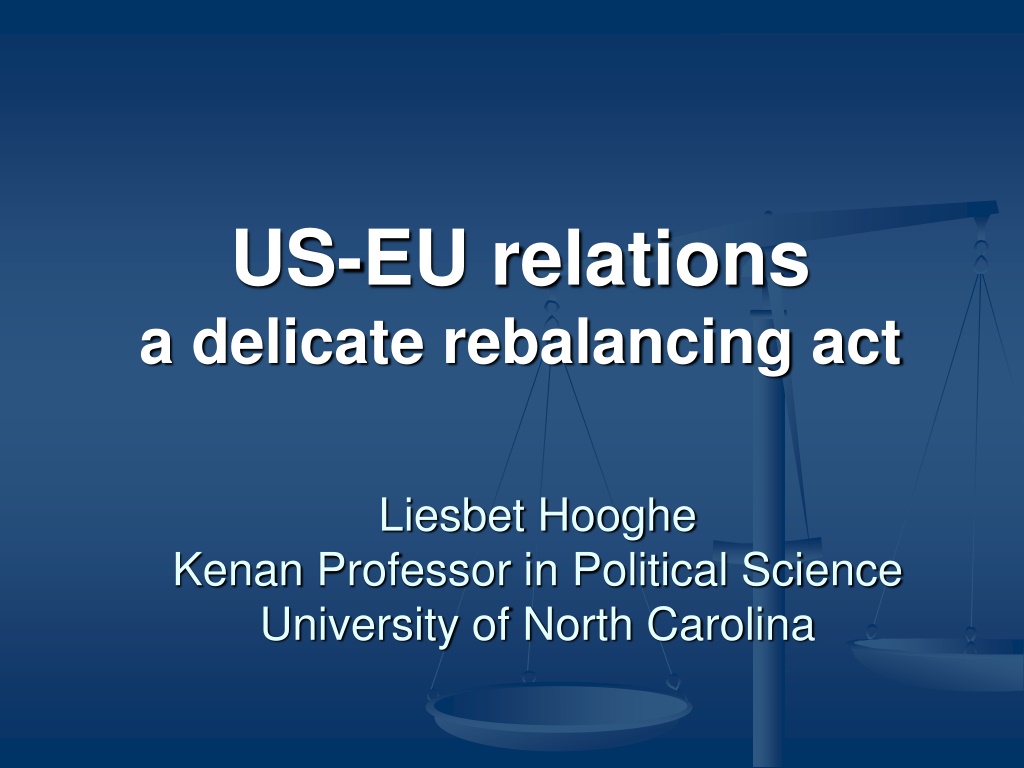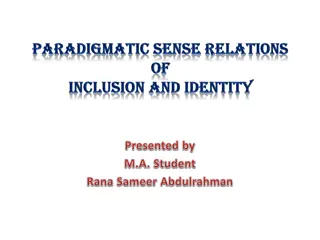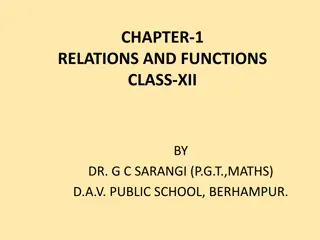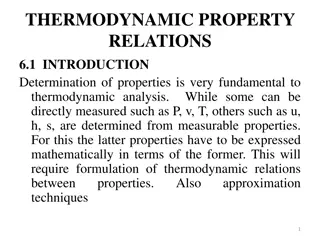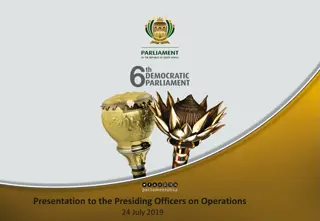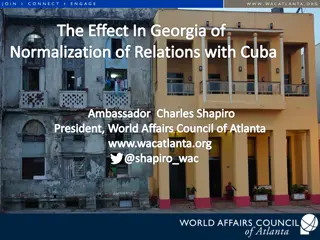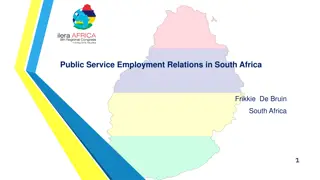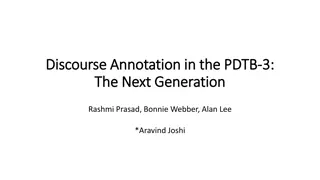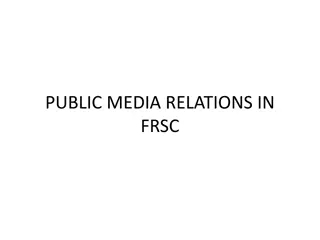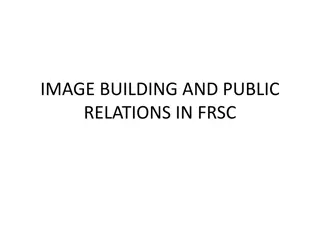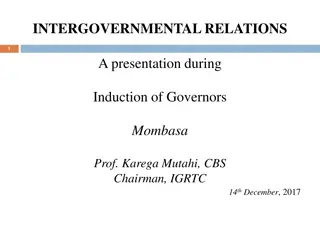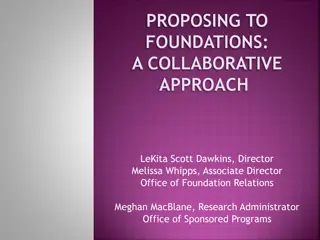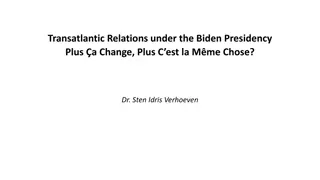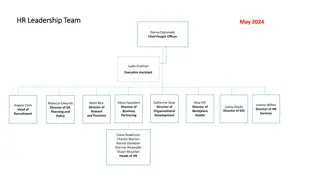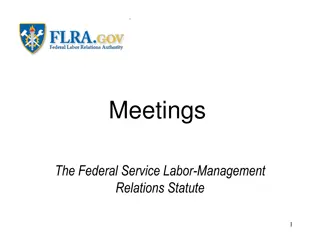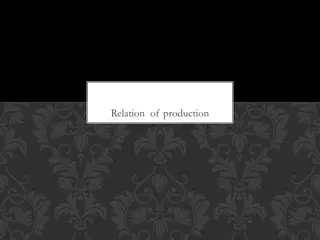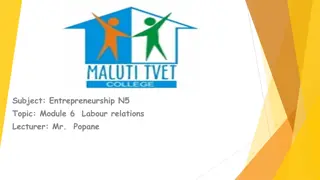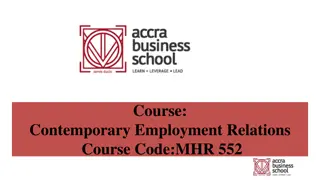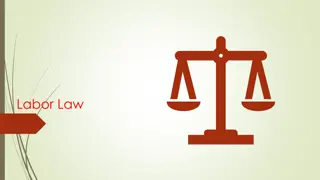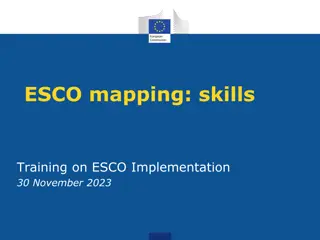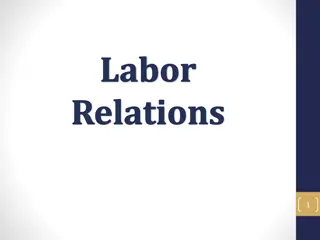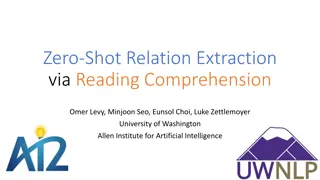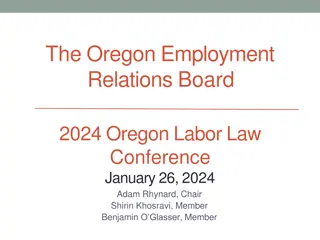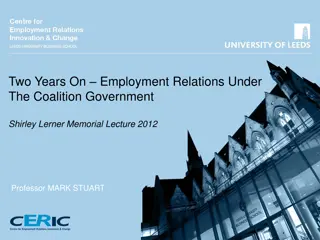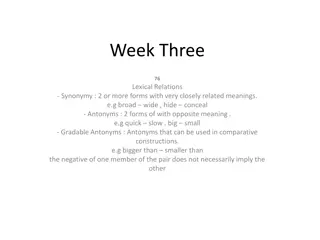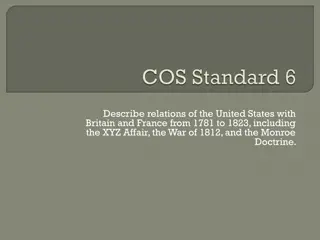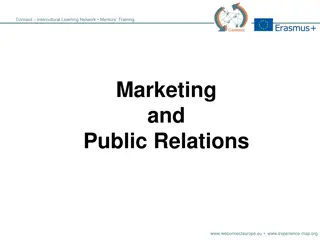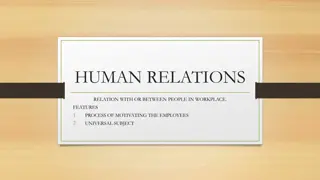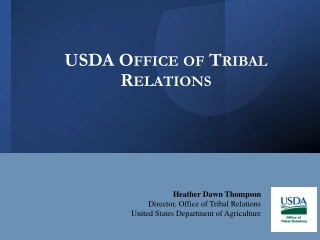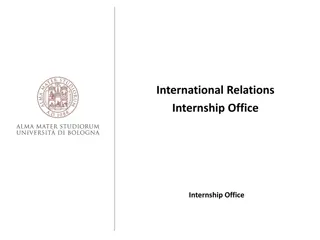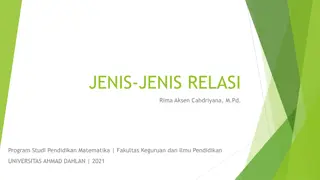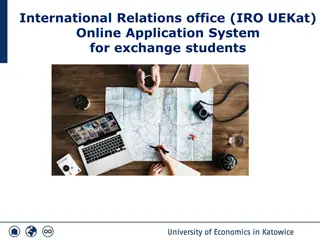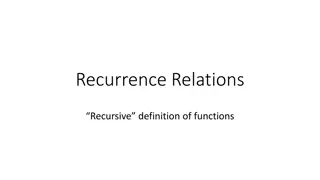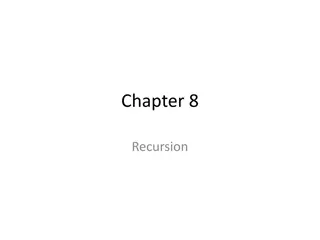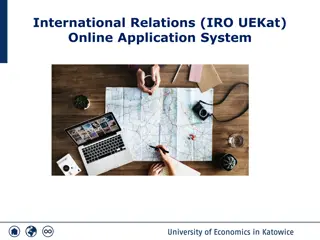Delicate Rebalancing: US-EU Relations in Focus with Liesbet Hooghe
Explore the intricate dynamics of US-EU relations through the lens of Liesbet Hooghe, a Kenan Professor in Political Science at the University of North Carolina. From the historical context of the Marshall Plan to the challenges and opportunities in trade, security, and foreign policy, uncover the complexities of this transatlantic partnership. Discover the evolving landscape of international relations and the role of the EU as a key player in shaping global diplomacy.
Download Presentation

Please find below an Image/Link to download the presentation.
The content on the website is provided AS IS for your information and personal use only. It may not be sold, licensed, or shared on other websites without obtaining consent from the author. Download presentation by click this link. If you encounter any issues during the download, it is possible that the publisher has removed the file from their server.
E N D
Presentation Transcript
US-EU relations a delicate rebalancing act Liesbet Hooghe Kenan Professor in Political Science University of North Carolina
http://upload.wikimedia.org/wikipedia/commons/thumb/f/fd/Bundesarchiv_Bild_183-B0527-0001-753%2C_Krefeld%2C_Hungerwinter%2C_Demonstration.jpg/250px-Bundesarchiv_Bild_183-B0527-0001-753%2C_Krefeld%2C_Hungerwinter%2C_Demonstration.jpghttp://upload.wikimedia.org/wikipedia/commons/thumb/f/fd/Bundesarchiv_Bild_183-B0527-0001-753%2C_Krefeld%2C_Hungerwinter%2C_Demonstration.jpg/250px-Bundesarchiv_Bild_183-B0527-0001-753%2C_Krefeld%2C_Hungerwinter%2C_Demonstration.jpg MARSHALL PLAN (1948-1952) http://upload.wikimedia.org/wikipedia/commons/thumb/2/24/US-MarshallPlanAid-Logo.svg/250px-US-MarshallPlanAid-Logo.svg.png http://upload.wikimedia.org/wikipedia/commons/thumb/d/dc/Marshall_Plan.svg/350px-Marshall_Plan.svg.png
Trade a transatlantic single market? imagined and real obstacles Security Bush legacy soft vs. hard power international law Foreign policy democracy promotion EU s special tool: enlargement
Obstacles China hype Different interests and policies Different philosophies about government Single market? Spillover?
The Twin Towers Shared grief Common resolve The Parties agree that an armed attack against one or more of them in Europe or North America shall be considered an attack against them all and consequently they agree that, if such an armed attack occurs, each of them, in exercise of the right of individual or collective self- defence recognised by Article 51 of the Charter of the United Nations, will assist the Party or Parties so attacked by taking forthwith, individually and in concert with the other Parties, such action as it deems necessary, including the use of armed force, to restore and maintain the security of the North Atlantic area. NATO invokes Article V
A PARTING OF THE WAYS contentious dossiers Iraq Foreign Aid/Debt Relief International Criminal Court Kyoto Protocol, global warming Economic protectionism Landmines Genetically modified foods
Percentage favorable opinion of the United States Percentage thinking that US takes into account interests of [country] in international policy Full question wording: Please tell me if you have a very favorable, somewhat favorable, somewhat unfavorable or very unfavorable opinion of the United States. Full question wording: In making international policy decisions, to what extent do you think the United States takes into account the interests of countries like (survey country) - a great deal, a fair amount, not too much, or not at all? Source: Pew Foundation Public Opinion Surveys, see website
Percentage having confidence in US president Full question wording: Now I'm going to read a list of political leaders. For each, tell me how much confidence you have in each leader to do the right thing regarding world affairs - a lot of confidence, some confidence, not too much confidence, or no confidence at all. U.S. President George W. Bush (2002-2008), Barack Obama (2009)
Robert Kagans argument Americans are from Mars Europeans are from Venus America is powerful; Europe is weak America has a stick and wants to use it Europe does not, and wants to avoid fights Robert Kagan, Power and Weakness, Policy Review, No. 113, June 2002.
Robert Kagan on the EU Europeans insist they approach problems with greater nuance and sophistication. They try to influence others through subtlety and indirection. They are more tolerant of failure, more patient when solutions don t come quickly. They generally favor peaceful responses to problems, preferring negotiation, diplomacy, and persuasion to coercion. They are quicker to appeal to international law, international conventions, and international opinion to adjudicate disputes. They try to use commercial and economic ties to bind nations together. They often emphasize process over result, believing that ultimately process can become substance. Robert Kagan, Power and Weakness
Defense expenditure (billion $) 800 700 600 USA Japan EU-25 China Russia 500 400 300 200 EU of which: UK=62.7 France = 58.8 Germany=44.2 100 0 1999-2000 2003-2004 2011 Source: CRS report for Congress, Jan 2004. http://www.fas.org/man/crs/RL32209.pdf, And for 2011: International Institute for Strategic Studies
Foreign aid (billion $, in 2009 prices) 70 60 50 United States Japan European Union 40 30 20 EU figures do not include aid by EU institutions. In 2010,: additional 12.7 billion 10 0 1989-1990 1999-2000 2009-2010 http://www.oecd.org/dac/aidstatistics/statisticsonresourceflowstodevelopingcountries.htm
Lingering differences: international law Full question wording: Please tell me if you have a very favorable, somewhat favorable, somewhat unfavorable or very unfavorable opinion of the United Nations. Full question wording: Please tell me if you have a very favorable, somewhat favorable, somewhat unfavorable or very unfavorable opinion of NATO, that is, North Atlantic Treaty Organization? Averages 2007-2012
Percentage saying that country should have UN approval before using military force
Commitment to international law EU Treaty of European Union: The Union shall define and implement a common foreign and security policy covering all areas of foreign and security policy, the objectives of which shall be: to safeguard the common values, fundamental interests, independence and integrity of the Union in conformity with the principles of the United Nations Charter, to strengthen the security of the Union in all ways, to preserve peace and strengthen international security, in accordance with the principles of the United Nations Charter, as well as the principles of the Helsinki Final Act and the objectives of the Paris Charter, including those on external borders, to promote international cooperation, to develop and consolidate democracy and the rule of law, and respect for human rights and fundamental freedoms.
Peace as overriding goal Petersberg tasks (now art. 17): Humanitarian and rescue tasks Peacekeeping Tasks of combat forces in crisis management, including peacemaking. EU missions Since 2009: Development of defense policy: including the progressive framing of a common defence policy, which might lead to a common defence, should the European Council so decide.
Europe and the United States Liberal democracy Liberal: rule of law (i.e. impartiality before law, anti- corruption); freedom of expression; freedom of association, human rights Democracy: competitive elections
Jeffrey Kopsteins thesis EU US Skeptical about capacity to create democracy, and certainly not by sword Optimistic about capacity to create democracy, if necessary by force Focus on state building and consolidation: rule of law, good governance Focus on society building and promotion: elections, civil society Work with judges, police forces, bureaucrats, political leaders Top-down Work with civil society groups, election monitoring, parties Bottom-up
Different historical experiences Social disorder can bring war, dictatorship, occupation, destruction (1930s). Free elections can bring autocrats to power (Hitler, Mussolini). Supranational rules (civilian power) can bring prosperity and stability (EU). Supranational rules (normative power) can constrain illiberal state behavior (EU).
Copenhagen criteria (since 1993) Membership requires that the candidate country has achieved stability of institutions guaranteeing . . . 1) the rule of law, human rights and respect for, and protection of minorities 2) democracy 3) the existence of a functioning market economy
Accession negotiations: Screening A multilateral exercise: the commission identifies and explains to all candidates the acquis applicable at the date of opening the negotiations with the candidates. A bilateral exercise: the commission assesses the state of implementation of the acquis by each candidate country and identifies gaps to be filled. A basis for the negotiation: the Commission establishes a "screening report" on each chapter and for each country, which will serve as a basis to launch the actual, technical negotiation process. An ongoing mechanism: it is used now to identify and explain elements of NEW legislation, that also need to be adopted by the candidates before they join. 30
Example: Serbia 2003: EU Council identifies Serbia as potential candidate 2005: Negotiations start Stumbling blocs: Kosovo and cooperation with International Criminal Court 2008: Serbia signs agreement but blocked by the Netherlands until Ratko Mladic is captured in May 2011 Jan 2009: Serbia begins unilateral implementation of SAA Dec 2009: EU unfreezes trade, visa-free travel, Serbia applies for EU membership Nov 2010: Council asks Commission opinion on candidacy Oct 2011: Commission recommends candidacy status Feb 2012: Romania blocks candidacy until deal with Serbia over the rights of the 30,000 'Vlachs' in Serbia March 2012: European Council approves candidacy status Commission opinion October 2011 EU Enlargement website 32
